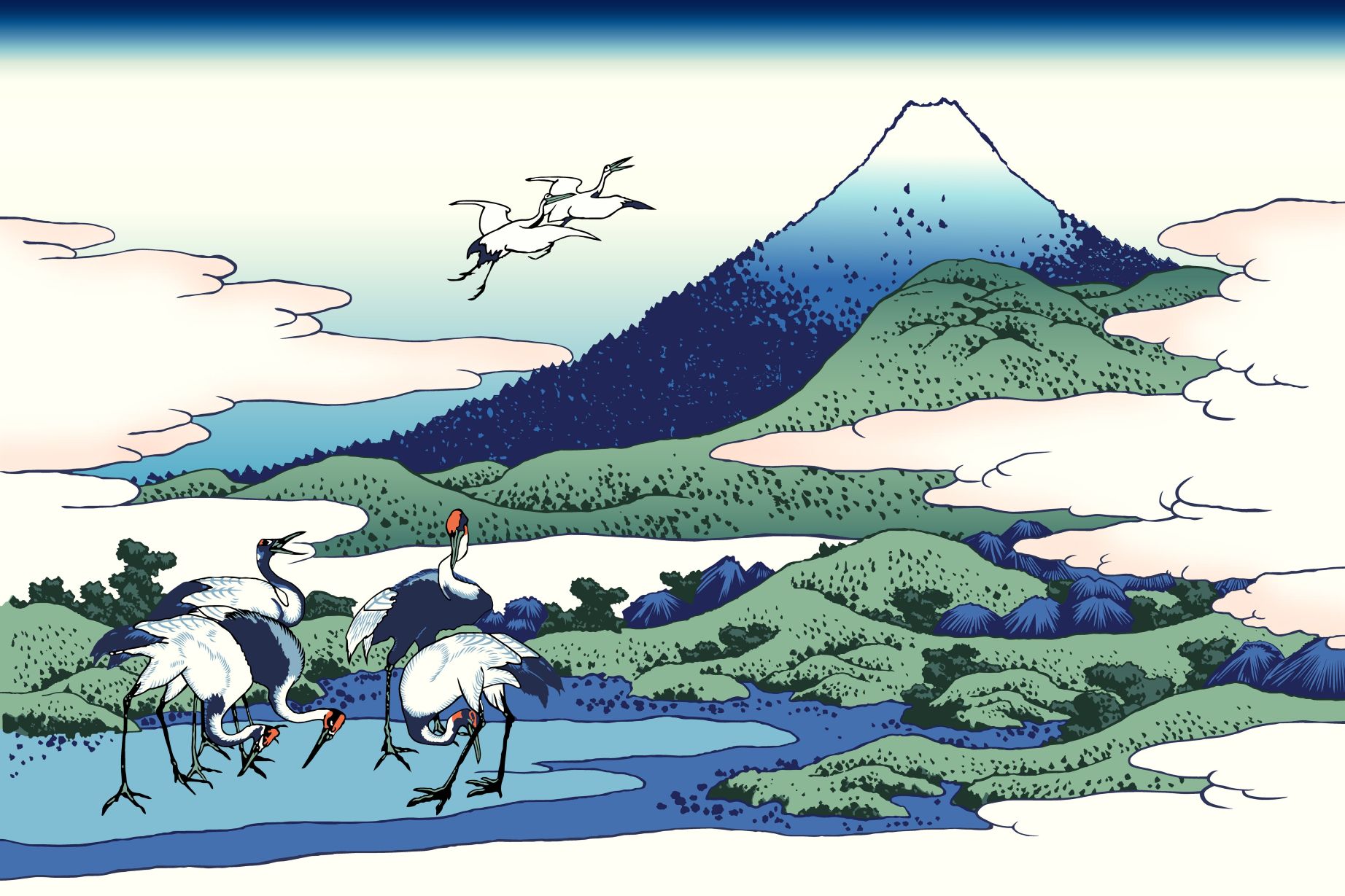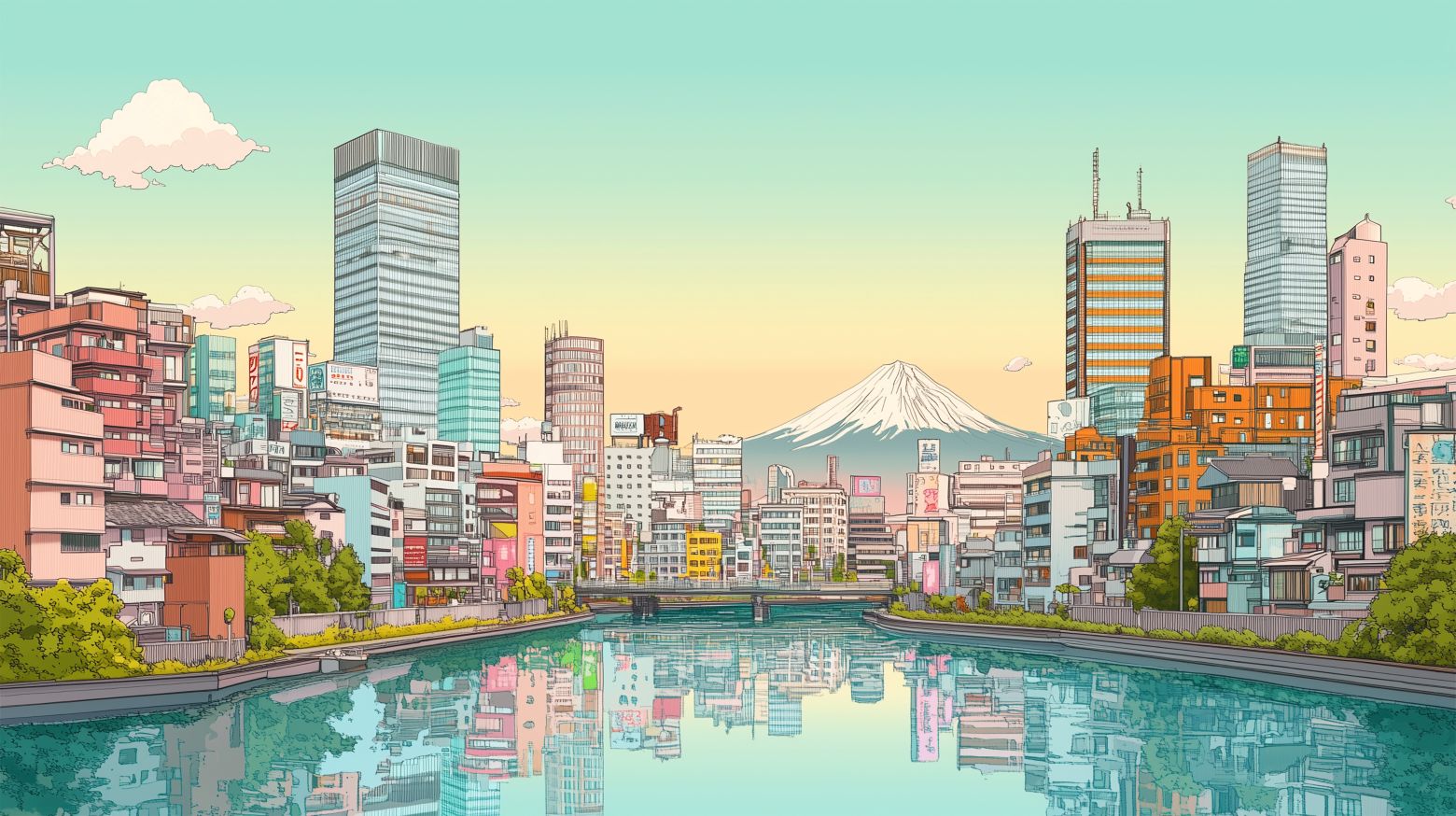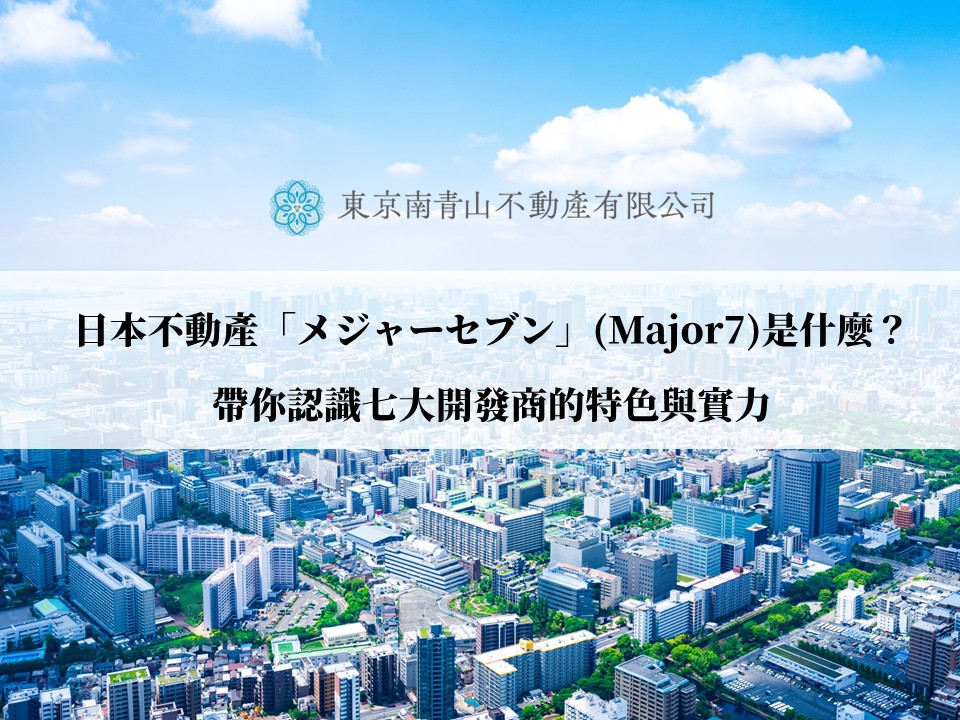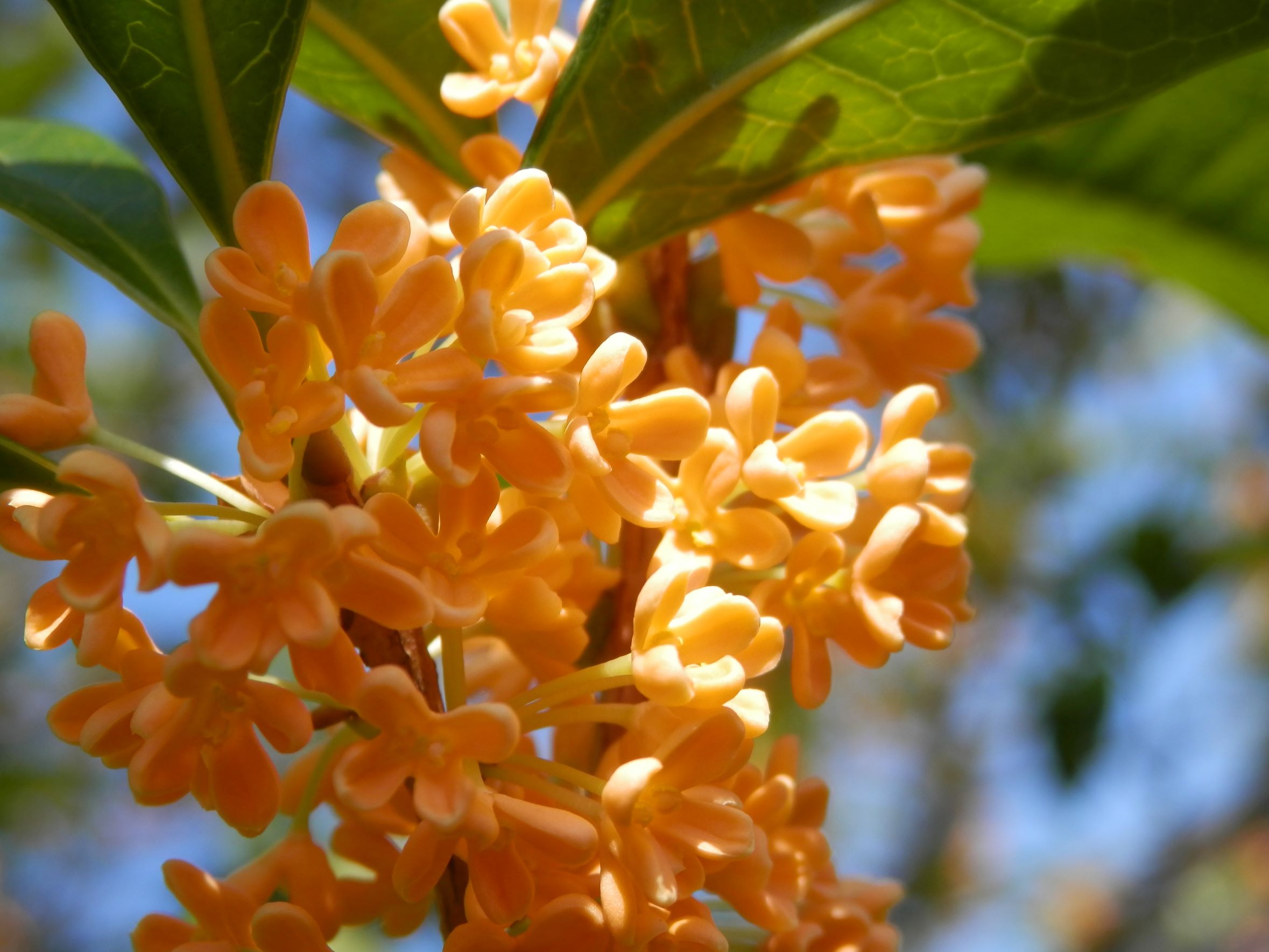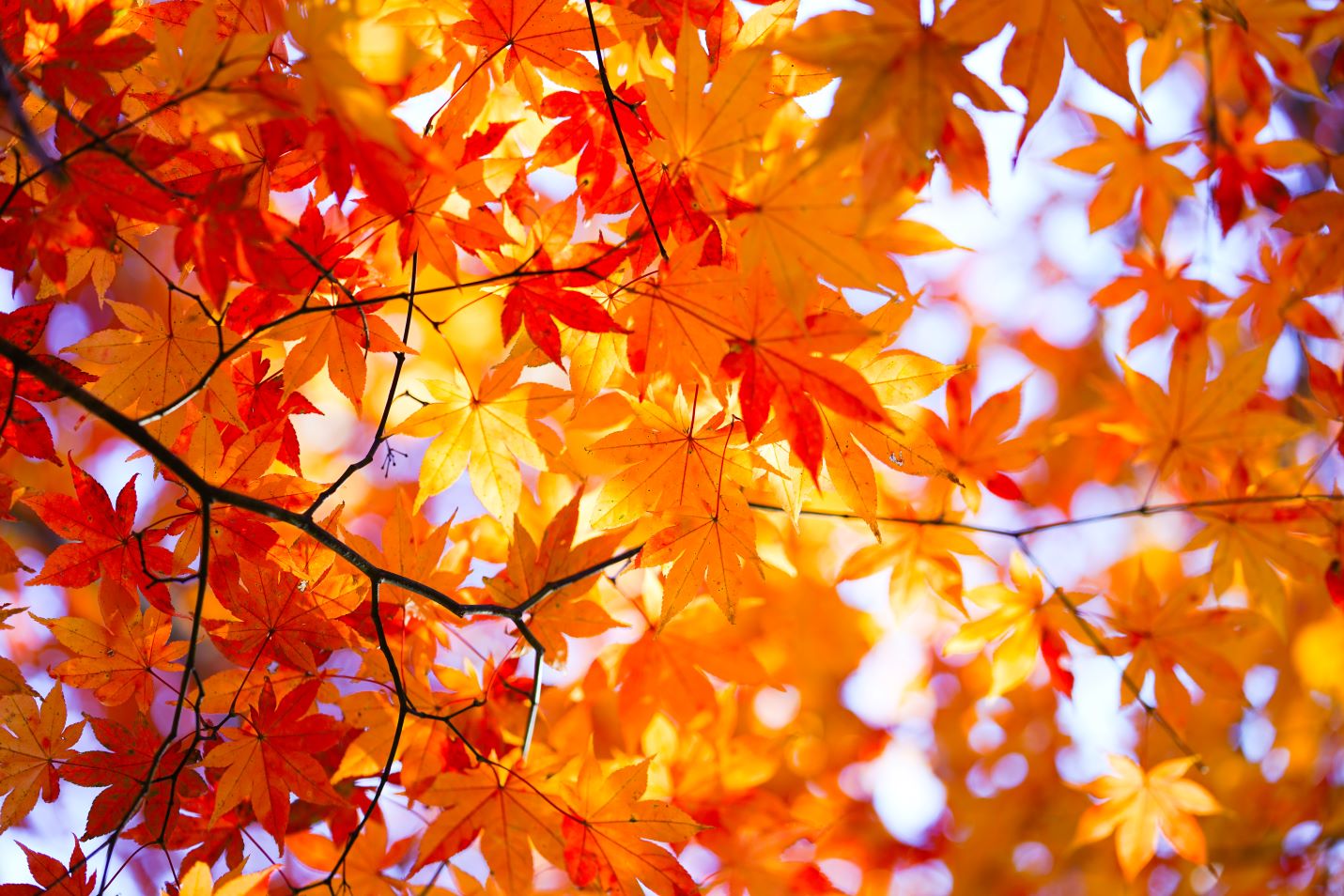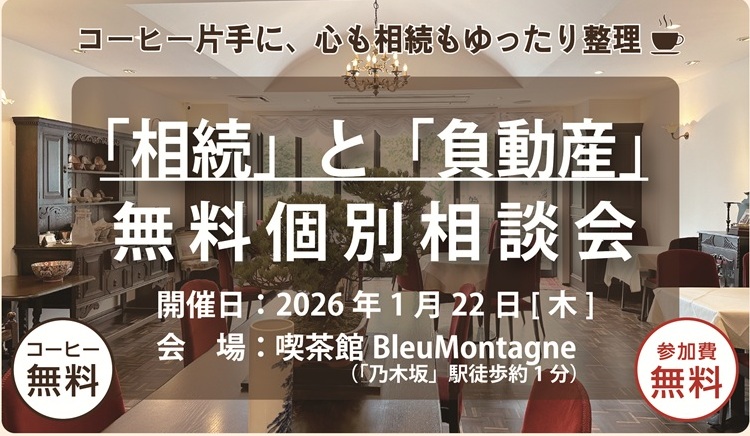The Coffee Culture that Flourished in the Meiji Era - The Story of Coffee and Cafés Loved by Intellectuals
A series column to be enjoyed while savoring coffee, Part 4. "The History of Coffee in Japan - The Story of Coffee and Cafés Loved by Intellectuals in the Meiji Era"
During the Meiji era, as Japan rode the wave of modernization, coffee became a special presence for intellectuals and cultural figures. The aroma and taste of a cup of coffee stimulated their creativity and became the driving force behind the creation of new culture.
At that time, cafés were not merely places for eating and drinking; they were salon-like spaces where writers, painters, and politicians gathered to freely discuss and debate. In this installment, we look back at the coffee culture of the Meiji era and introduce how people enjoyed coffee and what kind of culture emerged.
Coffee in the Meiji Era - The Beginning of Cafés
Coffee began to spread in Japan in the early Meiji period. As interactions with foreign countries increased, Western-style cafés started to appear in port towns like Yokohama and Kobe. In 1878, Japan's first authentic café, "Kahi Sakan," opened in Shitaya, Tokyo (now Ueno).
"Kahi Sakan" was not just a place to drink coffee; it was a revolutionary space where people could enjoy Western cuisine and read newspapers and books. It became a gathering place for young people and intellectuals interested in Western culture, where they actively discussed current affairs and new ideas.
Thus, the culture of "deepening knowledge while drinking coffee in a café" began to take root in Japan.
The Interaction and Culture Created by Cafés
Cafés in the Meiji era were places where cultures intersected. It is said that literary giants like Natsume Soseki and Mori Ogai loved coffee and immersed themselves in their creative activities surrounded by the aroma of coffee.
Inside the cafés, scenes such as:
✅ Enjoying Western sweets and light meals with coffee
✅ Reading newspapers and magazines freely
✅ Discussing the latest current affairs, literature, and art were common.
Visitors exchanged opinions and stimulated each other while gaining new knowledge. It was truly a special space where "coffee and intellectual exchange" were united.
Coffee Symbolized
In the Meiji era, coffee was not just a beverage but a symbol of new values and culture.
◎ Discussions in cafés spread Western ideas of "freedom" and "individualism" ◎ Drinking coffee itself became a form of self-expression for intellectuals
Young people of the time might have been discussing the new era and envisioning the future with a cup of coffee in hand.
The Meiji Era Coffee Culture Lives On in Modern Times
The coffee culture that emerged during the Meiji era is still vividly carried on in modern cafés and coffee shops.
● Reading books while drinking coffee
● Enjoying conversations with friends
● Reflecting in a quiet space
These moments may still embody the spirit of "refining one's sensibilities with coffee" that Meiji intellectuals cultivated.
Next time you savor coffee in a café, why not enjoy a slightly special time, reminiscent of what intellectuals in the Meiji era felt?
Summary - Coffee Connecting Culture and Hearts
The coffee and cafés loved by Meiji intellectuals held deeper meanings and cultural significance beyond just being a beverage.
By touching on this history, your usual cup of coffee might feel more special. When you drink coffee at a café, take a moment to think about this background. It might make your everyday moments richer.



